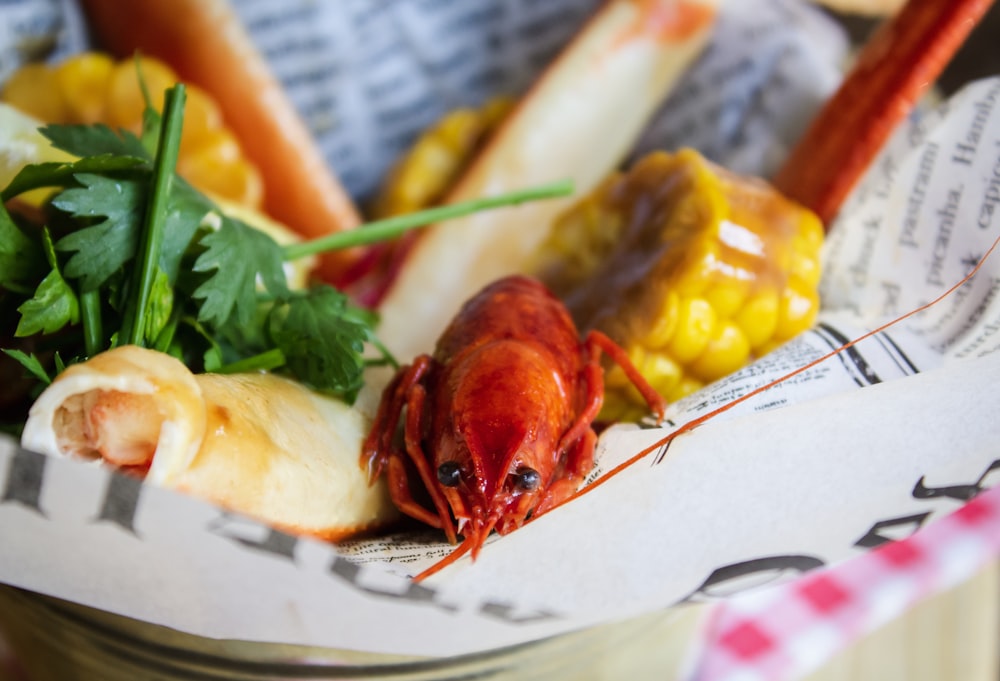Embarking on a Culinary Adventure with Cuisine Courses
Discovering the World of Culinary Arts
In the realm of gastronomy, cuisine courses serve as the gateway to unlocking the secrets of culinary arts. From mastering basic cooking techniques to exploring exotic flavors from around the world, these courses offer a tantalizing journey for aspiring chefs and food enthusiasts alike. Let’s delve into the diverse and enriching experiences that await within cuisine courses.
Exploring Culinary Techniques
At the heart of cuisine courses lies a rich tapestry of culinary techniques waiting to be explored. From knife skills and food safety practices to advanced cooking methods like sous vide and molecular gastronomy, these courses provide a comprehensive education in the art and science of cooking. Students learn to wield their tools with precision and finesse, transforming raw ingredients into culinary masterpieces.
Diving into Global Flavors
One of the most exciting aspects of cuisine courses is the opportunity to explore the vibrant tapestry of global cuisines. From the bold spices of Indian curries to the delicate flavors of Japanese sushi, students embark on a culinary journey around the world without ever leaving the kitchen. Through hands-on cooking demonstrations and tasting sessions, they gain a deeper appreciation for the diverse flavors and ingredients that define each cuisine.
Mastering the Art of Plating
In addition to honing their cooking skills, students in cuisine courses also learn the art of plating – the delicate dance of arranging food on a plate to create visually stunning presentations. From classic French techniques to modern avant-garde styles, they discover the principles of balance, symmetry, and contrast that elevate a dish from mere sustenance to a work of art. With each carefully crafted plate, they learn to express their creativity and culinary vision.
Cultivating Palate Development
Central to the culinary experience is the cultivation of a refined palate – the ability to discern and appreciate flavors, textures, and aromas with precision and nuance. Cuisine courses offer students the opportunity to expand their palate through sensory exercises, blind tastings, and guided food pairings. By sharpening their sensory perception, they learn to identify ingredients, understand flavor profiles, and create harmonious flavor combinations.
Exploring Culinary Trends and Innovations
The culinary landscape is constantly evolving, shaped by changing tastes, trends, and technologies. In cuisine courses, students stay at the forefront of culinary innovation as they explore the latest trends and techniques shaping the industry. From plant-based cooking and fermentation to sustainable sourcing and food waste reduction, they gain insights into the emerging trends that are shaping the future of food.
Navigating the Business of Food
For those aspiring to turn their passion for food into a profession, cuisine courses also offer valuable insights into the business side of the culinary world. Students learn about menu planning, cost control, marketing strategies, and restaurant management – essential skills for aspiring chefs and food entrepreneurs. Armed with this knowledge, they are better equipped to navigate the competitive and ever-changing landscape of the food industry.
Fostering Collaboration and Creativity
In cuisine courses, students not only learn from experienced instructors but also from their peers, fostering a collaborative and creative learning environment. Through group projects, kitchen simulations, and real-world challenges, they learn to work together as a team, sharing ideas, skills, and techniques. This spirit of collaboration fosters creativity and innovation, inspiring students to push the boundaries of their culinary imagination.
Celebrating Food as a Cultural Heritage
Food is more than just sustenance – it is a reflection of culture, history, and identity. In cuisine courses, students gain a deeper understanding of the cultural significance of food as they explore the culinary traditions of different regions and cultures. Through hands-on cooking experiences and cultural immersion activities, they learn to celebrate food as a universal language that brings people together across borders and generations.
Embracing Lifelong Learning
Perhaps the most valuable lesson imparted by cuisine courses is the importance of lifelong learning and growth. In the ever-evolving world of food, there is always something new to discover, whether it’s a new ingredient, technique, or culinary trend. By embracing a mindset of curiosity and experimentation, students in cuisine courses embark on a lifelong journey of culinary exploration and discovery, enriching their lives and those of others through the transformative power of food. Read more about cuisine courses
